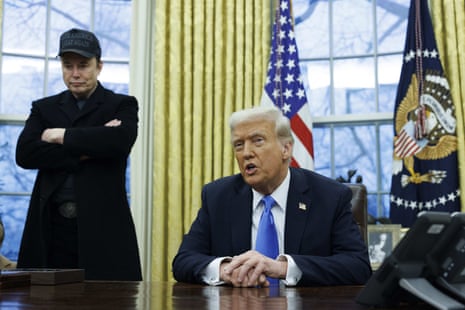Over the past decade, London has emerged as Europe’s venture capital powerhouse, home to seven of the ten largest funds on the continent, according to the latest State of European Tech report. Between 2015 and 2024, its startups raised more than $100 billion in funding, compared to the $42 billion raised by startups in the continent’s second-biggest hub, Berlin. However, if the capital wishes to compete with global tech giants like San Francisco and New York City, it should partner more closely with Ukraine to develop its defence tech sector.
Since Russia’s illegal invasion of Ukraine began in February 2022, the UK and Ukraine have bolstered relations through cooperation and funding commitments at the military level. According to the latest government figures, the UK has committed £7.8 billion in military support. The UK can gain further from strengthening this alliance through economic partnerships in the private sector, particularly in defence technology, where Ukrainian companies have deep expertise.
The defence technology market has grown dramatically in recent years, nowhere more so than in Ukraine. The ongoing invasion catalysed the rapid development of military technologies like unmanned aircraft and robotics to defend our borders from unprovoked Russian aggression. Since then, Ukraine has become an innovation centre for defence tech, offering sophisticated infrastructure to test these technologies on the battlefield in real time.
Many European investors, previously wary of backing defence companies for fear of falling foul of ESG standards, have since warmed to scaling dual-use technologies, which can be used for commercial and defence purposes. Examples of such technologies include global positioning satellites, night vision gear, and thermal imaging, which not only help troops detect enemy forces in low visibility but also have various civilian uses, including nature photography, medical imaging, and firefighting. Proof of dual-use has since convinced investors of the longevity of the technology and their investment, alongside providing short-term application on the battlefield.
However, London-based investors have been slow to recognise and capitalise on this trend. Last year, data from the London Stock Exchange showed that UK funds had cut their investments in defence companies, such as BAE Systems, by 9% since the beginning of the previous year. This paper recently reported that UK ministers urged banks to step up their support for the industry. London's primary way to make up for lost ground in this emerging market is to draw and expand on its existing relationship with Ukraine. Beyond military aid, trade and tech deals like the UK-Ukraine TechBridge programme lay the foundation for further collaboration between the two tech sectors.
Deep tech talent, particularly in AI and machine learning, is the area most ripe for boosting innovation in the UK, and Ukraine has plenty of it. Ukraine and the wider Central and Eastern European (CEE) region have a long history of producing exceptional tech talent, particularly for long-term, research-driven projects. This is primarily thanks to our STEM-oriented education system and an emphasis on continuous learning, which has only accelerated during the ongoing invasion.
The numbers speak for themselves. According to our research, the number of AI and machine learning specialists in Ukraine has grown fivefold over the past decade to 5,200 professionals as of January 2024. Today, Ukraine ranks second among CEE countries for the highest number of AI companies, with 34 new ventures launched in the past four years. Ukraine’s pool of AI experts is expanding, and London should recognise its emergence as a leader in Eastern Europe. The city is already fostering a vibrant startup scene of ambitious Ukrainian founders, drawn by its mature investment ecosystem of active investors, capital and resources.
Beyond raw talent, London entrepreneurs can also learn invaluable lessons from the cultural norms Ukrainians bring to the domestic workforce. Ukrainian entrepreneurs have shown how to build and scale companies under the most challenging conditions - amid missile attacks, sleepless nights, and the ongoing realities of war. Their ability to remain focused, innovative, and committed to growth despite immense adversity offers a powerful example of determination and ingenuity in the face of extraordinary challenges.
As London looks to develop its defence sector in an increasingly unstable world, it should consider Ukraine’s expertise and real-world experience in emerging defence technologies. Despite recent diplomatic moves peace remains a distant prospect, which should only serve to fortify both nations’ ambitions to expand upon the foundations of their partnership to maximise their combined potential. After all, strengthening existing ties is always easier than establishing new ones.





























